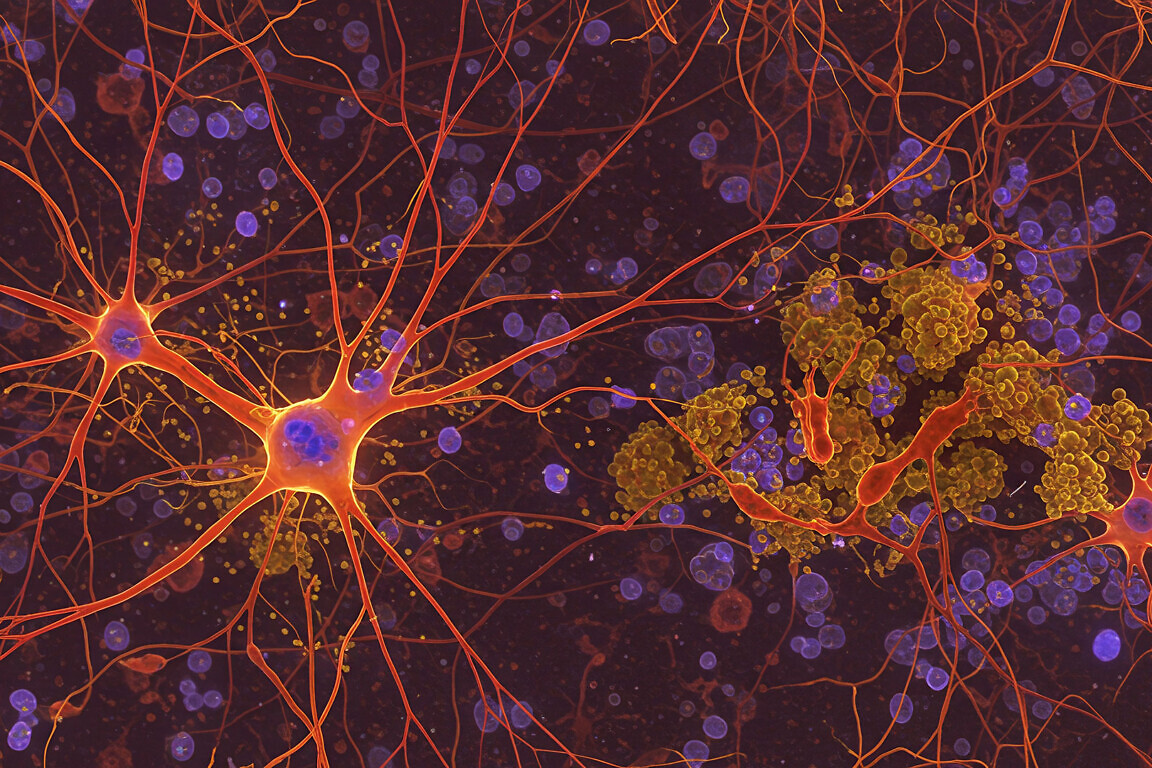For the second time, the National Institute for Health and Care Excellence has rejected drugs from Biogen and Eli Lilly on the grounds of effectiveness and cost.
National Institute for Health and Care Excellence (NICE) has rejected two treatments for Alzheimer’s disease – one from Biogen, the other from Eli Lilly – for the second time.
An independent committee in August last year said that the medicines Donanemab and Lecanemab showed too little benefit to justify the significant additional cost to the NHS of providing and administering them. It requested additional information which has now happened.
“Unfortunately this has confirmed that the medicines are not currently cost-effective and the committee’s recommendation remains that they should not be provided on the NHS at this time,” NICE said.
Not enough benefit
Explaining its decision, NICE said that the cost-effectiveness estimates for Donanemab and Lecanemab remain substantially higher than can be considered an acceptable use of taxpayers’ money and NHS resources.
The evidence presented so far, it continued, shows that neither Donanemab nor Lecanemab provides enough benefit to justify the substantial resources the NHS would need to commit to implement access to them, even with a managed access arrangement.
The public consultation on Nice’s draft guidance on the two drugs will close at the end of the month – on 27 March. It has said that the independent committee will consider all responses, including additional analyses, at a third committee meeting before producing final draft recommendations.



